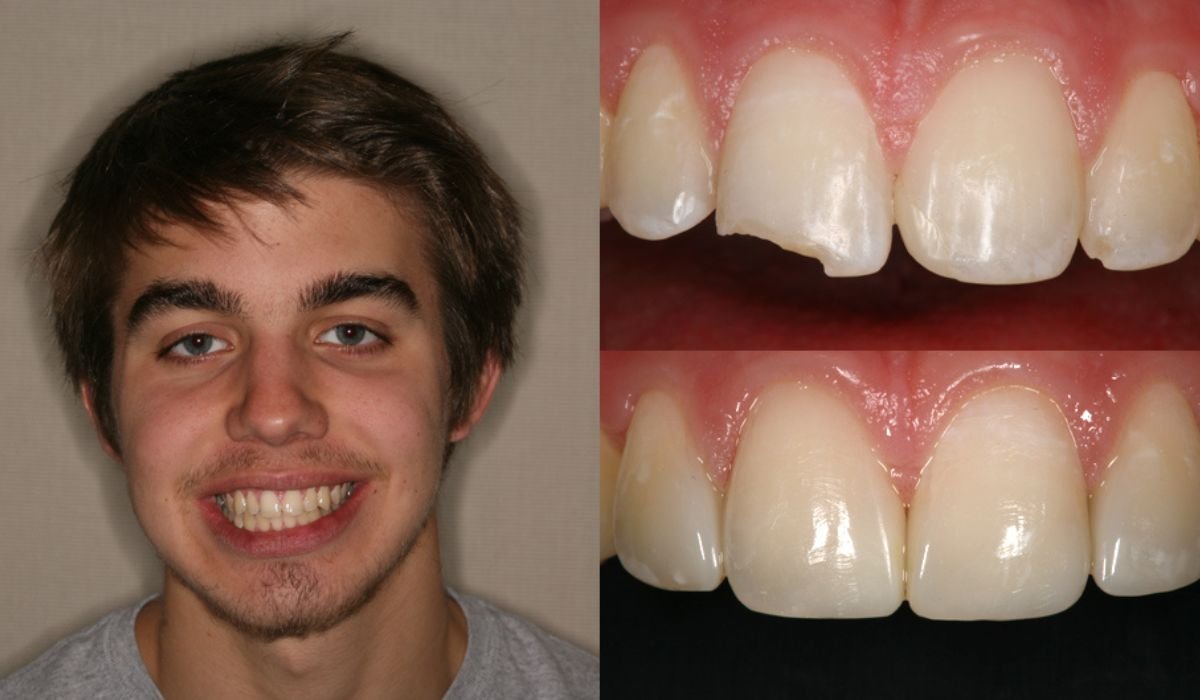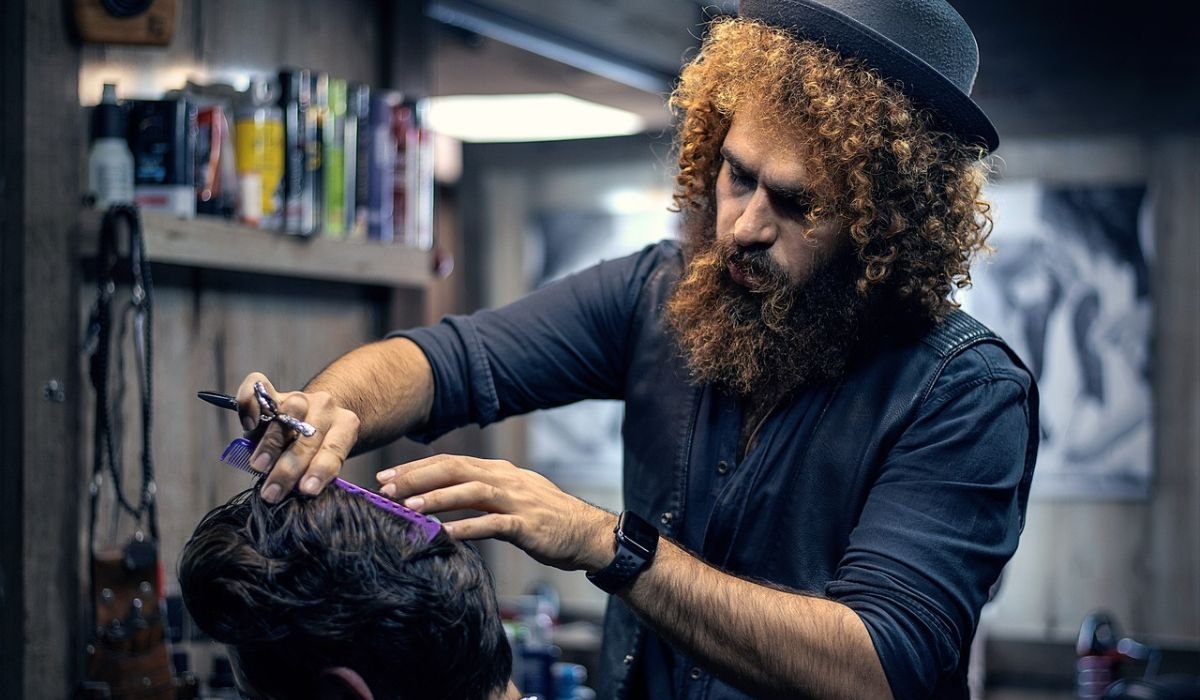Your wedding day is one of the most memorable occasions in your life, and every bride wants to look her absolute best. From the dress to the hair, every detail counts. But what about your smile? A radiant, picture-perfect smile can make all the difference in those wedding photos that will be cherished forever.
Composite bonding, a minimally invasive cosmetic dental procedure, has become increasingly popular among brides-to-be. By addressing imperfections like chips, cracks, gaps, discoloration, and misalignment, composite bonding enhances your smile, boosting your confidence for the big day. If you’re considering composite bonding prior to your wedding, this guide will walk you through everything you need to know—from the process and benefits to candidacy and aftercare.
Understanding Composite Bonding
What is Composite Bonding?
Composite bonding involves applying a tooth-colored resin to the surface of your teeth to improve their appearance. The procedure allows dentists to reshape and recolor imperfect teeth, creating a natural, flawless look. Unlike more invasive treatments, composite bonding is quick, painless, and does not involve damaging your natural teeth.
How Does Composite Bonding Differ from Other Cosmetic Dental Procedures?
While options like veneers and dental crowns also aim to enhance your smile, composite bonding stands out for its simplicity and minimal preparation. Here’s how it differs:
- Veneers require removing some of the tooth’s surface, while composite bonding is non-invasive.
- It’s more affordable than veneers and dental implants.
- Unlike whitening treatments, composite bonding allows for reshaping, making it more versatile.
Benefits of Choosing Composite Bonding Before a Wedding
- Customizable Results: Tailored to your unique smile.
- Quick Fix: The procedure is often completed within one visit.
- Confidence Boost: Feel more assured with a flawless smile.
- Budget-Friendly: Cost-effective compared to other cosmetic options.
The Process and Timeline
Step-by-Step Breakdown of the Composite Bonding Procedure
- Consultation: Your dentist evaluates your teeth, discusses your goals, and decides if composite bonding is suitable for you.
- Preparation: Your teeth are cleaned, and the dentist may roughen the surface slightly for better adhesion.
- Application: Tooth-colored resin is applied and molded to give your desired shape.
- Polishing: The material is hardened using a special light and polished for a natural finish.
Duration of the Treatment and Timing Leading up to the Wedding Day
The procedure usually takes 30–60 minutes per tooth, depending on the complexity.
To ensure your smile is wedding-ready:
- Schedule the treatment at least 4–6 weeks before your wedding day to allow time for adjustments if needed.
- Combine it with a professional cleaning for maximum results.
Candidacy and Customization
Who is an Ideal Candidate for Composite Bonding?
Composite bonding is suitable for most individuals with minor dental imperfections. You are an ideal candidate if you:
- Have minor chips, cracks, or discoloration.
- Want to close small gaps between teeth.
- Need to reshape or align slightly crooked teeth.
How Dentists Customize Bonding to Individual Needs
Dentists tailor composite bonding to match the size, shape, and color of your natural teeth. They take into account:
- Skin tone.
- Existing tooth structure.
- Individual preferences for the finish, whether matte or glossy.
Discussion on Color Matching and Reshaping
High-quality materials are used to ensure seamless blending with your natural teeth, resulting in a uniform and harmonious smile. Dentists meticulously craft the shape and size of each tooth to suit your facial structure.
Maintenance and Long-Term Results
Aftercare Instructions for Maintaining Bonded Teeth
To keep your composite bonding in top condition:
- Brush twice a day with non-abrasive toothpaste.
- Avoid staining foods and drinks (like coffee and red wine) for the first 48 hours.
- Visit your dentist regularly for check-ups and professional cleanings.
Longevity of Composite Bonding and Its Impact on Future Dental Care
With proper care, composite bonding can last 5–7 years. While it may require touch-ups over time, it does not interfere with future dental treatments, allowing you to maintain oral health effortlessly.
The Cosmetic and Confidence Boost
Emotional Impact on Brides-to-Be
A confident smile exudes happiness, and on your wedding day, that’s priceless. Composite bonding not only enhances physical appearance but also boosts self-esteem, which shines through in every photograph and interaction.
Expert Advice and Considerations
Insights from Dental Professionals on Preparing for Composite Bonding
- Begin consultations early to avoid last-minute stress.
- Combine bonding with teeth whitening for a brighter overall appearance (if whitening is needed).
- Ensure your dentist specializes in cosmetic dentistry for optimal results.
Considerations When Opting for This Procedure
- If you grind your teeth, discuss options like protective night guards.
- While durable, composite bonding is not as strong as natural teeth—be mindful of biting habits.
A Flawless Smile Awaits
Your wedding day is a celebration of love, joy, and new beginnings—and your smile should reflect that. Composite bonding prior to your wedding offers an affordable, quick, and customizable way to achieve the dreamy smile you deserve.
If you’re considering enhancing your smile for your big day, consult a cosmetic dentist to explore your options. You’re just one step away from creating a lifetime of picture-perfect memories.
YOU MAY ALSO LIKE: Can you watch movies in theater with eusphatian tue dysfunction?
Conclusion
Ultimately, composite bonding is an excellent choice for those seeking an affordable and efficient way to enhance their smile in time for their wedding day. Its uniqueness lies in the ability to customize the treatment to your specific needs, ensuring a natural and harmonious result. By following professional guidance and proper aftercare, you can maintain your improved smile for years to come. Trust in the expertise of skilled dental professionals to deliver a confidence-boosting transformation that leaves you photo-ready and excited for your special day.
FAQs
1. How much does composite bonding cost?
The cost varies depending on the complexity and the number of teeth treated. Typically, it ranges from $200–$600 per tooth.
2. Is composite bonding painful?
No, the procedure is painless and does not require anesthesia in most cases.
3. How long does composite bonding last?
With proper care, composite bonding can last 5–7 years before touch-ups may be needed.
4. Can composite bonding fix crooked teeth?
For minor misalignment, composite bonding can be an effective solution. Severe orthodontic issues require other treatments like braces or Invisalign.
5. How soon before the wedding should I get composite bonding?
It’s best to complete the procedure at least 4–6 weeks before the wedding to allow for adjustments if necessary.











